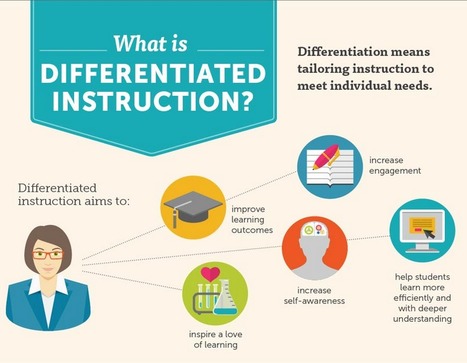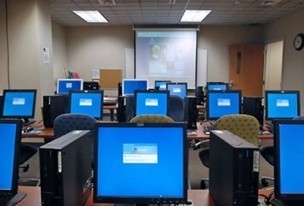"Differentiated instruction, the tailoring of educational experiences to meet individual learner needs, is nothing new. Hardworking teachers have always recognized the diverse needs of students and adjusted their instruction to account for them..."
Get Started for FREE
Sign up with Facebook Sign up with X
I don't have a Facebook or a X account
 Your new post is loading... Your new post is loading...
 Your new post is loading... Your new post is loading...

Chelsea Dobbie's curator insight,
March 26, 2015 3:52 AM
An article that highlights the current, and some great potential implementations of AI in schools.
Andreas Wong's curator insight,
March 27, 2015 4:00 AM
Artificial Intelligence can change education by being able to automate the basic activities of teachers, such as grading and essay-marking. In addition to this, the AI can interact with students and adapt their studies to fit their needs, as well as providing feedback to teachers about student performance and potential faults in courses.
Ric Fry's curator insight,
March 27, 2015 8:55 AM
Using A.I. to assist education is a great idea. A.I. can direct the course of learning to a more effective method, and can be done personally, so that none miss out. However, this may reduce the role of a teacher to that of a communicator, translator, or interpreter for the student, as no two minds work the same.

Angela C. Dowd's comment,
February 25, 2013 11:53 AM
Interesting...I have been aware of the idea of cognitive modeling but wasn't aware of how it is being used in software design...interpreting the cognitive abilities of students and delivering a "tailored" learning experience.
|
|














differentiated instruction is an imperative to maximise the learning experience